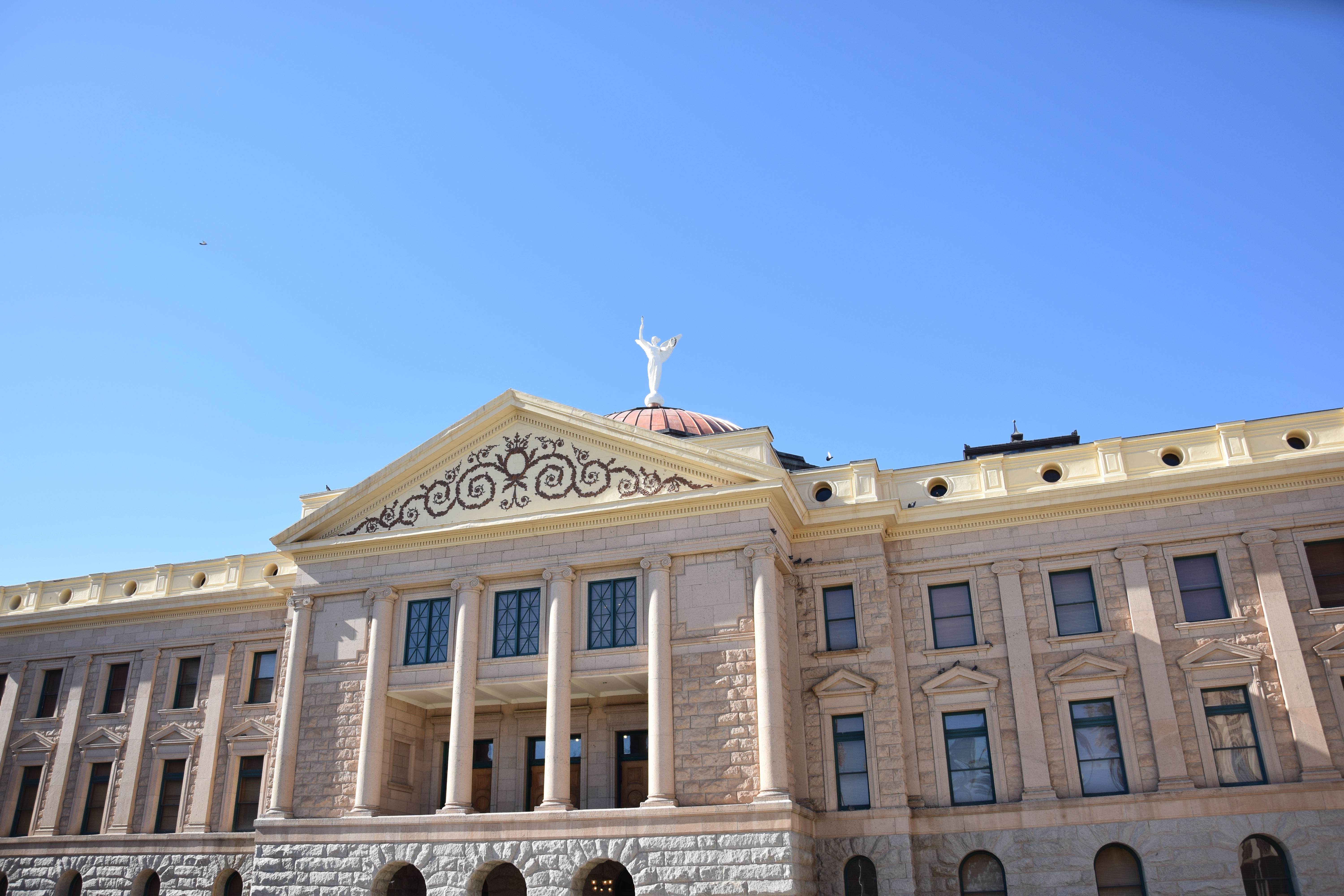
Sine Die (without a day) at the Arizona State Legislature was June 30, 2021 at 4:54pm, and SB 1828 was one of the last pieces of legislation discussed.
SB 1828 is the taxation omnibus bill that has been talked about so much in the news. Here are two of the items WeSERV has been watching as the bill was discussed:
The Flat Tax and State Revenue Sharing with cities and towns:
WeSERV has been concerned about the effects of Proposition 208 on members since it passed. It levied an additional 3.5% income tax on incomes over $250,000 for those filing as single and incomes over $500,000 for married filing jointly filers. There are many small business owners and WeSERV members who are affected by the increase because of the passthrough mechanism, making the effective income tax rate 8%.

So, it was with interest we watched the discussions regarding the flat tax, but as with all monetary decisions, there are always affects on other people and programs. One such effect was State revenue sharing with cities and towns, a local budget mechanism that has been in effect since the mid 1970’s. When flat tax proposals were first being discussed, business owners were happy to see flat tax rate discussions at the 2.5% to 2.9% range, but what that also did was lower the amount of revenue the State would have available for revenue sharing with cities and towns.
For larger municipalities or municipalities in economically booming areas, it would mean millions of dollars in reduced revenues, but with increases in fees, TPT and potentially property taxes, a goodly portion of the reduce revenue could be recouped. For small towns and cities, particularly in rural Arizona, it was a different story.
These small towns depend on state revenue sharing for 85%-90% of their budgets and since there is little to no economic development in the area, very little opportunity to raise funds through increased TPT or property taxes. These small cities and towns were looking at the inability to function in the most basic ways.
WeSERV contacted Arizona REALTORS® during this time to remind them of the small cities and towns and their dependence on the state revenue sharing mechanism.

In the end state revenue sharing and the flat income tax became part of the same conversation. Now, Arizona will end up with a 2-tier system for a couple of years and an increased percentage going to state revenue sharing.
For 2022, the single/married filing separately rate with income $27,272 or more will be 2.98%. Falling to 2.75% in 2023. In 2022, the married filing jointly/head of household rate for incomes over $54,544 will be 2.98% falling to 2.75% in 2023.
Phase 3 of the process will conclude with a 2.5% income tax rate. Currently, the top income tax rate is 4.5%.
In order to help offset the reduced income eligible for state revenue sharing, there will be an increase from 15% to 18% to cities and towns.
WeSERV will continue to watch the affects of this change on our small cities and towns.
